10. Under the Skin (Jonathan Glazer, 2013)
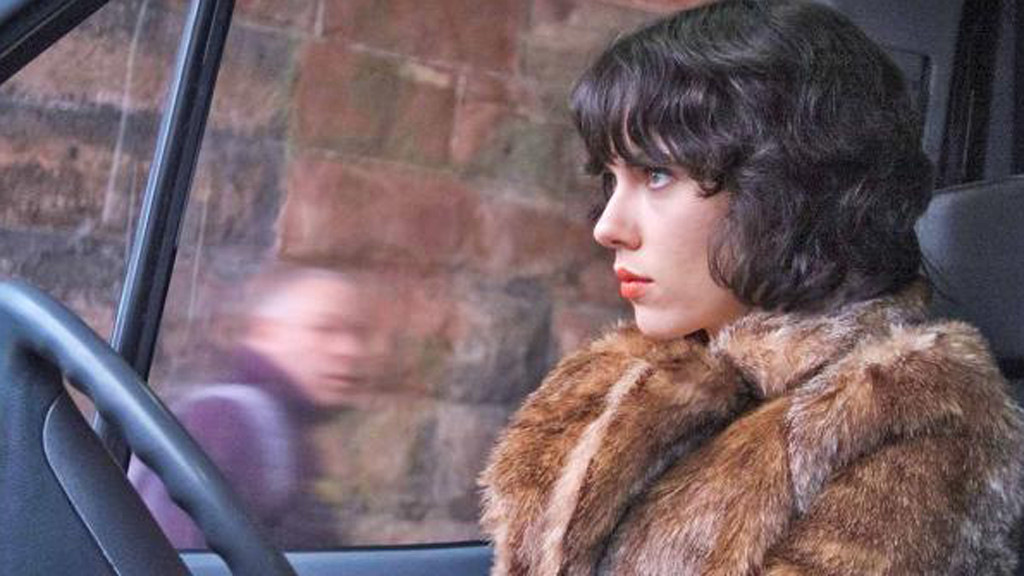
So enigmatic, unorthodox, and languidly paced that it was always destined to be one of the most polarizing movies in recent memory, ‘Under the Skin’ is a tumble into the abyss that deliberately refuses to parlay into a set definition of horror and grows a little clearer every time you watch it.
Upon its release, few knew what exactly to make of Jonathan Glazer’s hypnotic slasher. Scarlett Johansson’s beguiling performance as an alien seductress disguised in human form who viciously preys on Scottish hitchhikers is one of the few startling images that linger after you emerge from its trance. The film is definitely not for everyone, but if you tune in to its wavelength, you’ll find a fascinating text: an examination of self-identity, human nature and sexuality that gradually seeps into your bones and is built to withstand countless watches.
Recommended Viewing: Stalker (1979), Upstream Color (2013), Annihilation (2016).
9. Revenge (Coralie Fargeat, 2017)
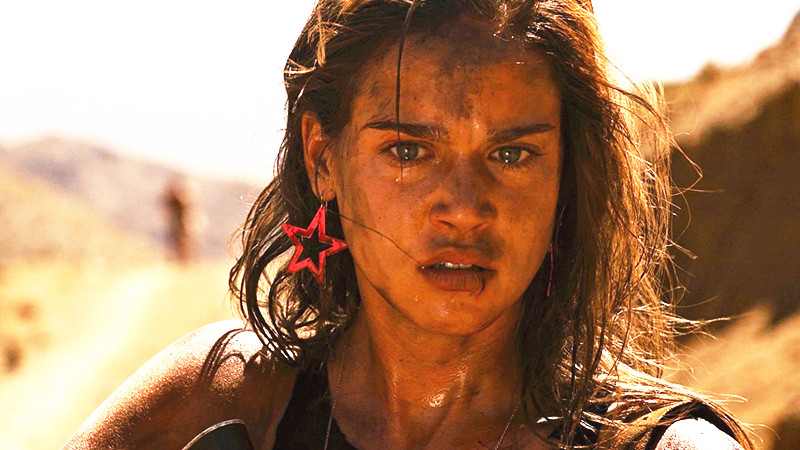
Debuting director Coralie Fargeat cut a deep gash in the French Extreme Wave with this blood-soaked and visually slick thriller. Reinventing the rape revenge genre with radical confidence by abandoning many of its well-trodden conceits, the film challenges the limits of the human body and spirit by putting us in the shoes of a young wannabe actress who’s brutally assaulted and left for dead in the desert.
Conjuring up the stylized bloodshed of Park Chan-wook, with ample doses of Abel Ferrara and Gaspar Noé for good measure, ‘Revenge’ interrogates its own violence as well as the codes of masculinity burrowed deep into the exploitation flick’s DNA. That the film’s gory resolution is cathartic or traumatizing is ultimately left up for each viewer to decide.
Recommended Viewing: Ms. 45 (1981), Sympathy for Lady Vengeance (2005), Martyrs (2008).
8. Kotoko (Shinya Tsukamoto, 2011)
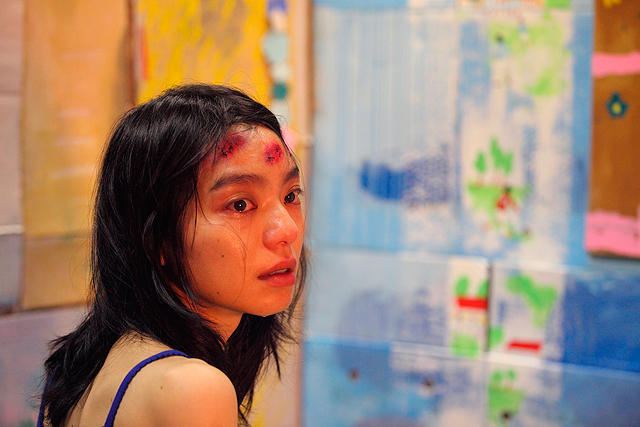
Those familiar with Japanese cult director Shinya Tsukamoto will be aware that he’s never been content to play it safe. All things considered, he’s crossed genre boundaries and pushed the envelope in horror further than anyone in the past thirty years not named David Cronenberg. Despite slipping through the cracks among Western audiences, ’Kotoko’ might be his finest effort to date.
The film thrusts us into the fractured headspace of a single mother who struggles to take care of her baby while suffering from double visions and haunting hallucinations. Through grinding soundscape, frenetic camerawork, and invasive close-ups, Tsukamoto delivers a truly haunting assault to the senses rooted in everyday maternal fears that forces the viewer to see the world from Kotoko’s warped point of view. Viewer discretion is advised as the film conceals plenty of stomach-churning moments that can lodge into one’s memory banks.
Recommended Viewing: Possession (1981), Dead Ringers (1988), Tetsuo: The Iron Man (1989).
7. The Wailing (Na Hong-jin, 2016)
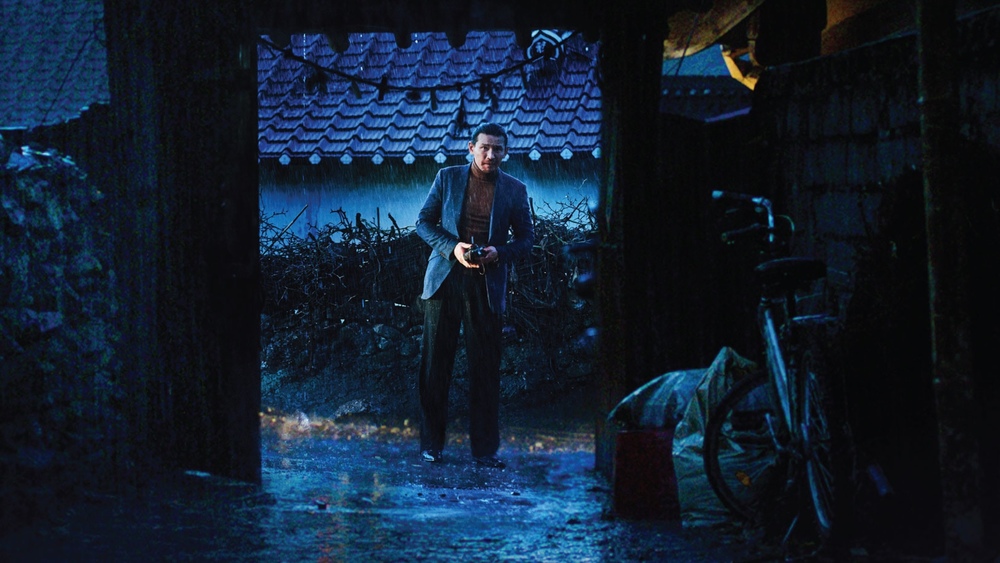
Few sights in modern cinema are as genuinely bone-chilling as the closing scene in ‘The Wailing’. Going too much into detail is a sure way to spoil the big reveal, but if anything can be said about this 150-minute Korean folk horror, it’s that it truly earns its scares.
Less than twelve months after Robert Eggers knocked everyone’s socks off with ‘The Witch’ — a folk tale that illustrated, among many other things, how fear, superstition, and hysteria spread like wildfire in close-knit communities once tragedy strikes — Na Hong-jin delivered a similar treatise with ‘The Wailing’. A mysterious outbreak and string of murders plant the seeds of mistrust in a secluded rural village, while a naive policeman desperately tries to unearth the truth behind their plight. Don’t let the initial mood swings and seemingly upbeat first act fool you; those are smoke-screens to lull viewers into a false sense of security before ensnaring them with an ungodly final blow.
Recommended Viewing: The Wicker Man (1973), Cure (1998), Memories of Murder (2003).
6. Hereditary (Ari Aster, 2018)
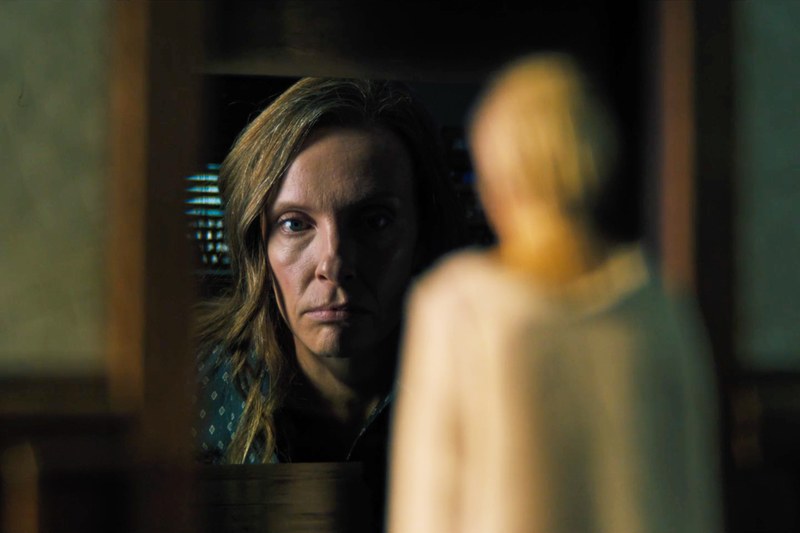
As first efforts go, this one will make you rethink that screenplay you’ve been noodling with. Equal parts family psychodrama and demonic nail-biter, Ari Aster’s debut tears at the very fabric of family strife by thrusting us in the middle of a grieving household on the verge of collapsing on itself. Toni Colette uncorks a signature performance for the ages as Annie, the film’s matriarch and miniature artist caught in a vortex of mounting tragedies while an evil force threatens to implode his family from within.
Borrowing a page from Ingmar Bergman’s chamber dramas and Polanski’s psycho-thrillers, ‘Hereditary’ is perhaps the definitive emblem of modern ‘elevated horror’ — and whether you’re a fan of slippery semantics or not, it has invariably become the measuring stick by which all subsequent psychological horror is judged these days. Few directors dare to go places as deep as Aster, and even fewer pull it off in such unapologetic fashion in their debut film.
Recommended Viewing: Rosemary’s Baby (1968), Hour of the Wolf (1968), Midsommar (2019).
5. American Psycho (Mary Harron, 2000)
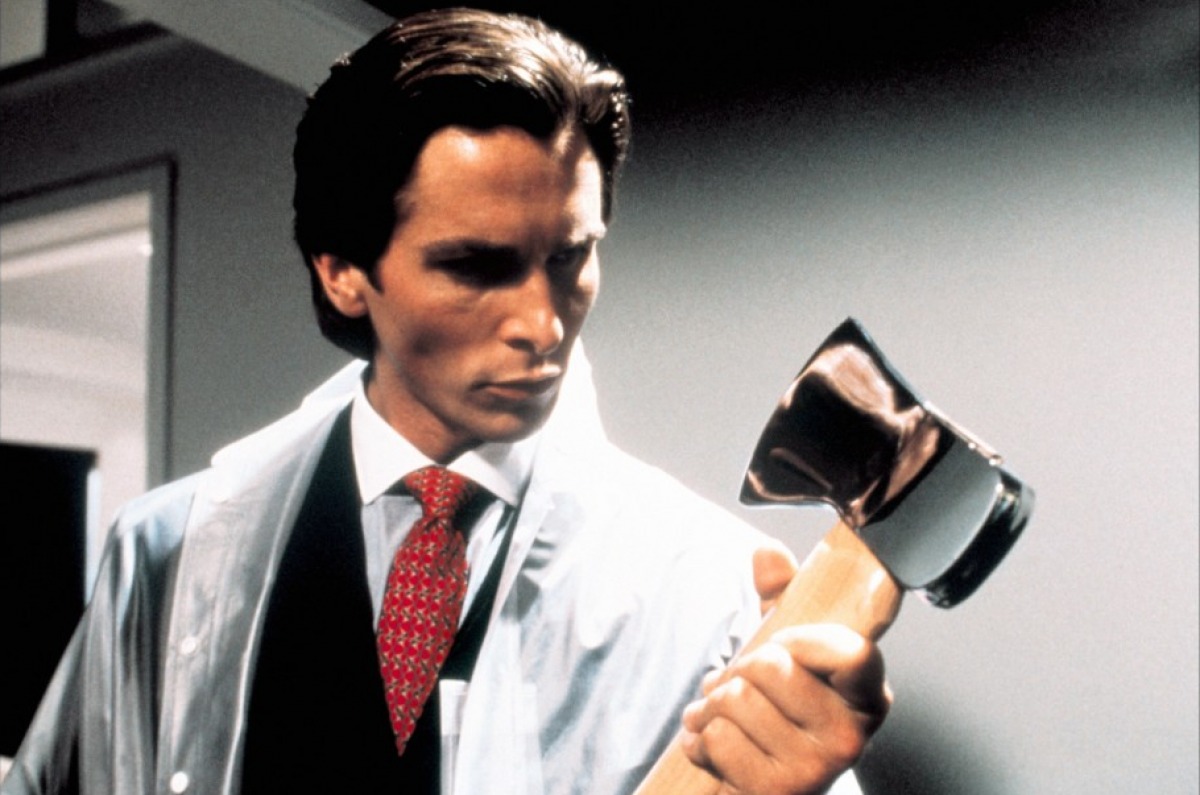
‘American Psycho’ did for Wall Street yuppies what ‘Jaws’ and ‘Videodrome’ did for sharks and TV respectively. Whether it’s gazing at personalized business cards, getting reservations at Dorsia, or butchering Jared Leto to death with an ax, Christian Bale’s Patrick Bateman is one of cinema’s most enduring villains — one that, for better or worse, has seeped his way into pop culture like no other since.
As the satirical personification of capitalist greed and unhinged narcissism, the New York banking executive-by-day, deranged serial killer-by-night is both hilarious and utterly terrifying to watch. If there’s one thing to be gleaned from Mary Harron’s no-holds-barred, ruthless takedown of Wall Street, is the uncomforting fact that her thesis statement still holds water today. This further cements ‘American Psycho’ as one of America’s lasting pieces of pitch-black satire, if also making its rampant bloodshed all the more unsettling to watch.
Recommended Viewing: A Clockwork Orange (1971), Man Bites Dog (1992), The House that Jack Built (2018).
4. Get Out (Jordan Peele, 2017)
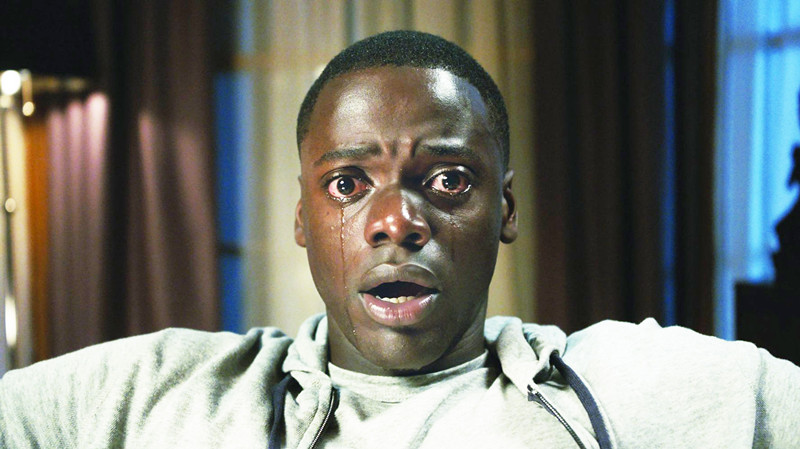
Few modern films have left such a lasting mark on the zeitgeist as ‘Get Out’. The story of a young African-American photographer (Daniel Kaluuya) who travels upstate to visit her white girlfriend’s liberal parents, Jordan Peele’s walloping directorial debut touched a raw nerve upon its release on the heels of the 2016 election by delivering a sobering portrait of race dynamics and privilege in post-Obama America.
Much of the discourse around ‘Get Out’ homes in on how radical, refreshing, and brutally pertinent its message is — a fact not least amplified by the scary real-life implications of its central conceit. It helps that Peele managed to expose these monstrous possibilities with such pinpoint accuracy, but the true brilliance lies in how the political subtext is seamlessly incorporated into a delightfully refreshing, cleverly constructed, and disarmingly-funny thriller — one that cuts deeper with each passing day.
Recommended Viewing: The Stepford Wives (1975), Candyman (1992), Tales from the Hood (1995).
3. Climax (Gaspar Noé, 2018)
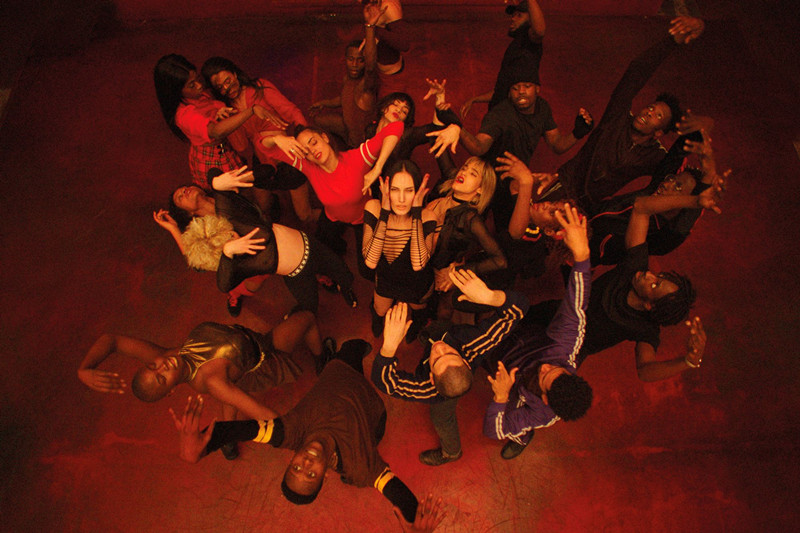
Gaspar Noé is the rare auteur that mingles grand intentions and sadistic inadequacy in almost equal measure; crafting avant-garde films that are borderline unwatchable but so irresistibly provocative you have a hard time prying your eyes away from them. However, in this drug-induced fever dream, the Argentinian enfant terrible found the perfect marriage between his maximalist formalism and morbid obsessions.
Mired by controversy upon release, the film follows a French dance troupe that unwittingly succumbs to the effects of LSD-spiked sangria during the after-party to one of their rehearsals. Noé pulls every trick up his sleeve with acrobatic camerawork, single-take sequences, and trippy visuals, ratcheting up the tension with an unerring sense of dismay as we helplessly witness the initial euphoria bleed into massed hysteria.
Recommended Viewing: Enter the Void (2009), mother! (2017), Mandy (2018).
2. The Witch (Robert Eggers, 2015)
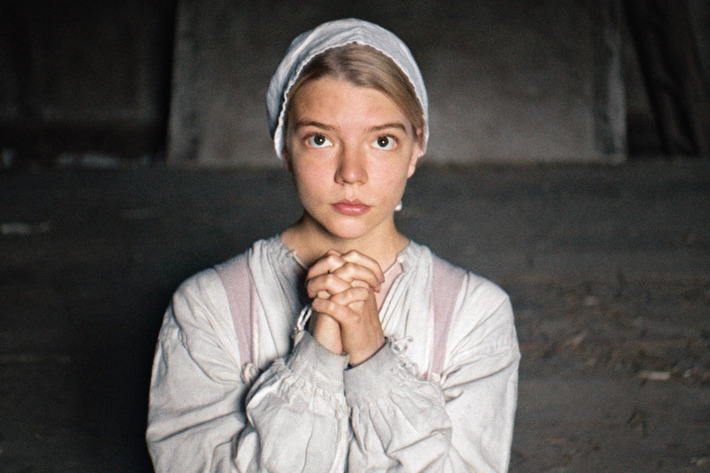
Robert Eggers announced himself in striking fashion with this searing indictment of religious fervor set in 17th century New England, where a godforsaken Puritan family sees their faith tested after being exiled to the fringe of the Massachusetts wilderness. What follows is an effective brew of gnawing paranoia, foreboding mood, and an intersection of misfortunes pinned down on young Thomasin (Anna Taylor-Joy) — all leading up to an insidious climax that had genre fans shrieking in delight.
‘The Witch’ launched its director and lead actress onto the world stage and essentially ushered in the era of what is now called ‘elevated horror’. If you fancy historical verisimilitude, folklore esoterica, and slow-burning narratives in your horror flicks, you have this instant classic to thank for that paradigm shift.
Recommended Viewing: Vampyr (1932), Onibaba (1964), The Devils (1971).
1. Inland Empire (David Lynch, 2006)
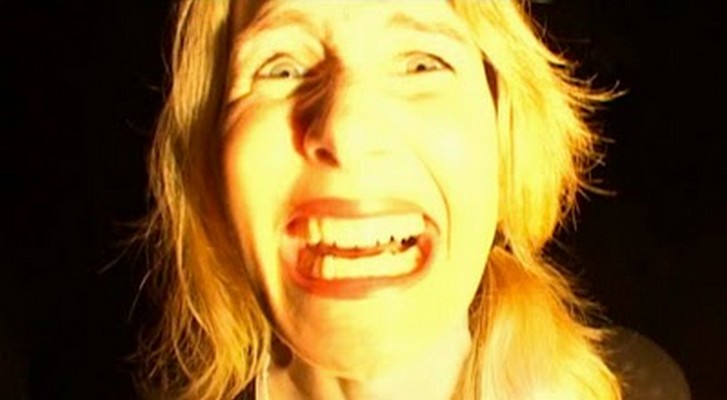
David Lynch’s baroque opus might not exactly fit into any of today’s typical horror subgenres. The only ghouls and monsters in it are metaphorical; a direct outgrowth of the protagonist’s suppressed mental trauma. But by journeying into the dark recesses of the human mind; unearthing all the fears, guilts and thwarted dreams that we fear to acknowledge about ourselves and keep burrowed deep in our subconscious, David Lynch taps into the stuff that really keeps us up at night.
Unlocking the hidden truths of Inland Empire’s unending abstractions has become a subject of obsession for viewers in the past 16 years, though the film is more cohesive than it might appear at first blush. At its most fundamental level, the Möbius strip structure serves as a vehicle to dive deep into the troubled headspace of a victimized young woman who can’t cope with reality. The jigsaw of narratives, converging identities, and self-deceptive memories is held together with a committed lead performance by Laura Dern that should’ve been showered with accolades.
Albeit an unconventional one, ‘Inland Empire’ is the defining horror film of the 21st century — one that confronts our deepest fears and stares into the abyss without being afraid of what it’ll find staring right back.
Recommended Viewing: Perfect Blue (1997), Starry Eyes (2014), I’m Thinking of Ending Things (2020).